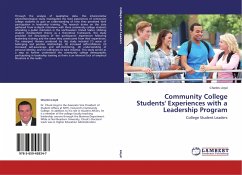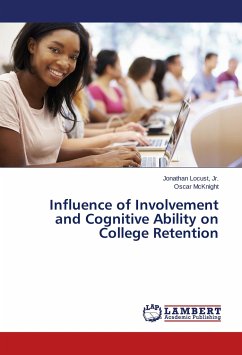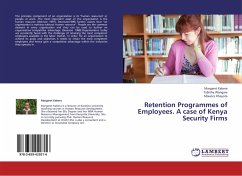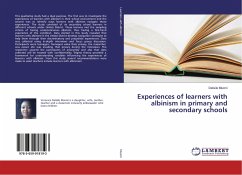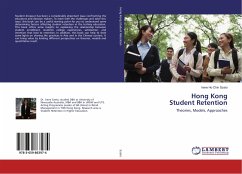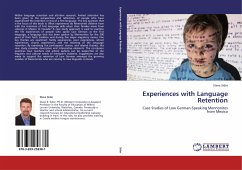
Experiences with Language Retention
Case Studies of Low German-Speaking Mennonites from Mexico
Versandkostenfrei!
Versandfertig in 6-10 Tagen
52,99 €
inkl. MwSt.

PAYBACK Punkte
26 °P sammeln!
Within language retention and attrition research, limited attention has been given to the perspectives and reflections of people who have experienced the retention or loss of a first language. The key question that is the focus of this book is: What experiences do Mennonite children have with the retention of first language skills when their families move from colonies in Mexico to Canada? A case study approach is used to examine the life experiences of people who spoke Low German as the first language, a language that has been spoken by Mennonites for the 500 years of their faith tradition an...
Within language retention and attrition research, limited attention has been given to the perspectives and reflections of people who have experienced the retention or loss of a first language. The key question that is the focus of this book is: What experiences do Mennonite children have with the retention of first language skills when their families move from colonies in Mexico to Canada? A case study approach is used to examine the life experiences of people who spoke Low German as the first language, a language that has been spoken by Mennonites for the 500 years of their faith tradition and during five major migratory moves. Five key themes are examined: family experiences, peer experiences, school experiences, church experiences, and the meaning of the language retention. By examining the participants stories, and related themes, this case study provides descriptive and interpretive elements. The conclusion examines how teachers and school systems can be supportive of the linguistic and cultural needs of immigrant students. Suggestions are also made to support the retention of Low German amongst the growing number of Mennonites who are moving to new linguistic contexts.




